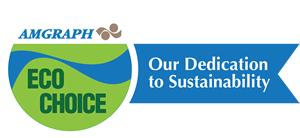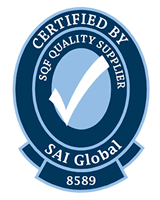The answer lies in sharing the burden—but it won’t be easy.
Sustainability is a top priority for both consumers and brands, but for a long time, the burden of handling waste responsibly has been put primarily on the consumers. Alison Keane, the President and CEO of the Flexible Packaging Association, recently took a look at how we might start to change that.
In an article on the Resource Recycling website, Keane talked about options for sharing that load. One of the things she explained was the concept of “Extended Producer Responsibility,” or EPR. With EPR, commercial producers shoulder some of the financial and operational responsibility to process and recycle consumer packaging—but the downside is that it comes with a big price tag, and it would require some major changes in the municipal recycling chain.
She outlined that a full EPR program would include fee collection, remittances, reports on packaging use, consumer education and market development. In an EPR system, a curbside collection option would be available for flexible plastics that are not currently recyclable in ordinary municipal recycling streams. Educational programs would also increase consumer awareness of the opportunities for recycling and convenient collection. Keane points out that the costs for such a program would likely be incorporated into the price of the goods, but the investment would benefit both the brands and the public at large through resource efficiency and improved system management.
She also emphasized that recycling standardization at the state level would be a critical part of the success of such a system. Right now, there are thousands of municipal recycling systems, often with conflicting labeling requirements, strained finances, and outdated machinery. Keane says that an estimated $9.8 billion would be needed to make this happen in the United States, but once fully operational, an EPR system would provide expanded curbside recycling options for families looking to act more sustainably and more material for manufacturers to make packaging from post-consumer recycled content.
Read Alison Keane’s column on the Resource Recycling site here.
We’re all concerned about the threat to our planet that pollution is causing, and cooperation among everyone involved is an important step. Finding better ways to handle packaging waste in a feasible, cost-effective way is vital—and that is our mission at AMGRAPH. Flexible packaging is showing amazing promise as a solution to many sustainability worries, and we support the Flexible Packaging Association in their efforts to promote its use. If you’re interested in learning more about the benefits of flexible packaging—for both your products and the planet—give us a call at AMGRAPH.









